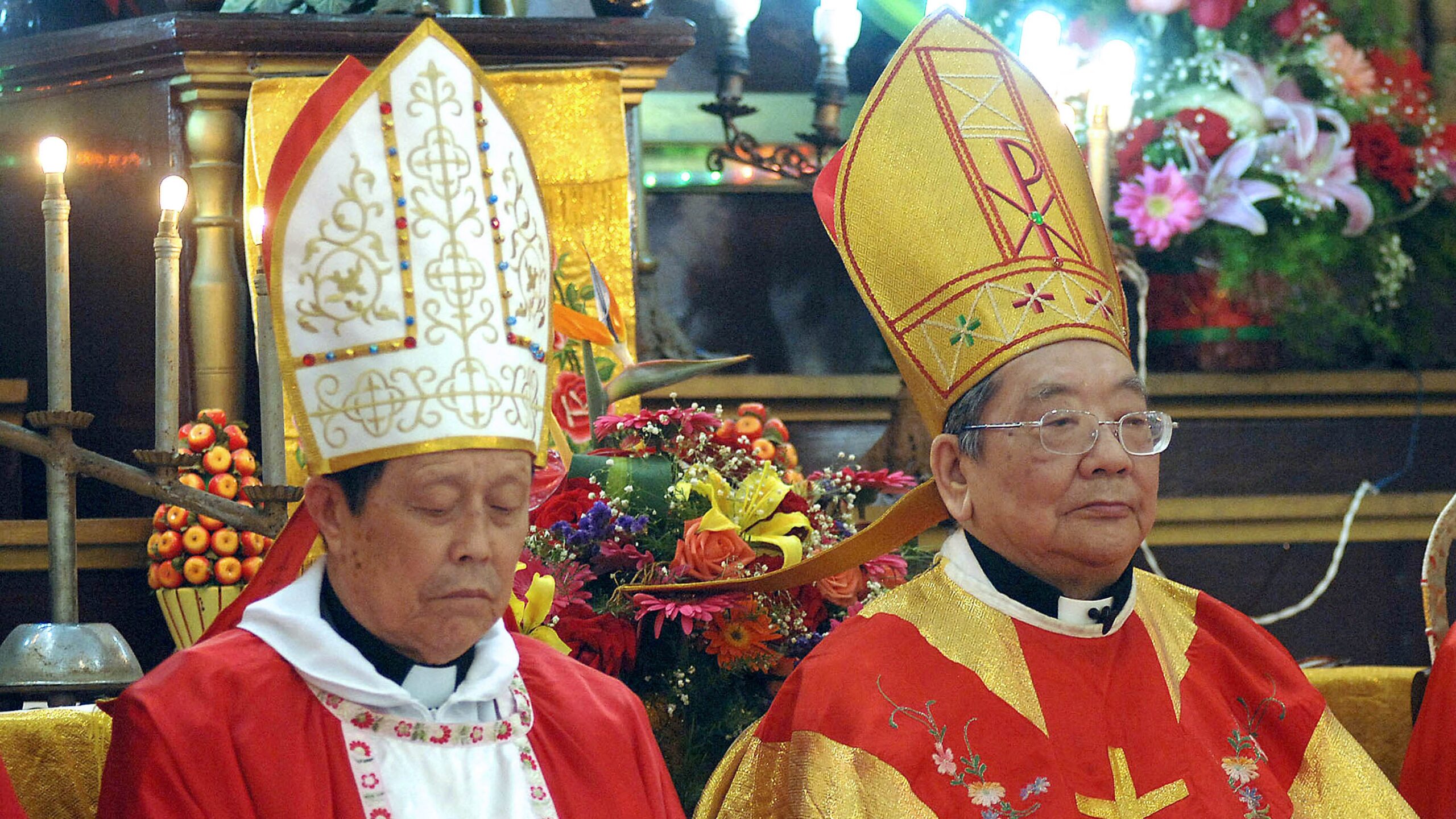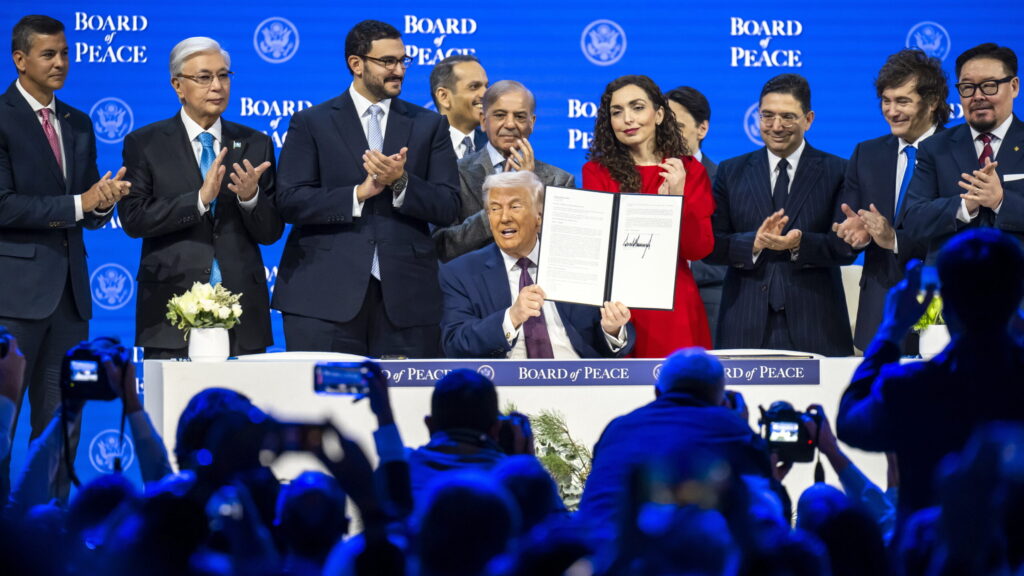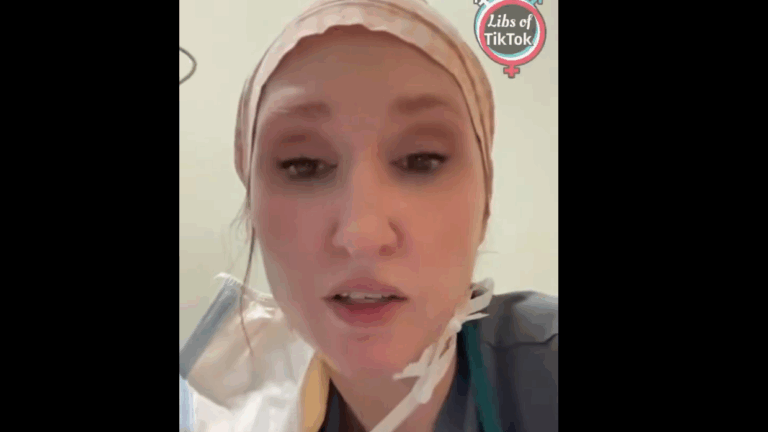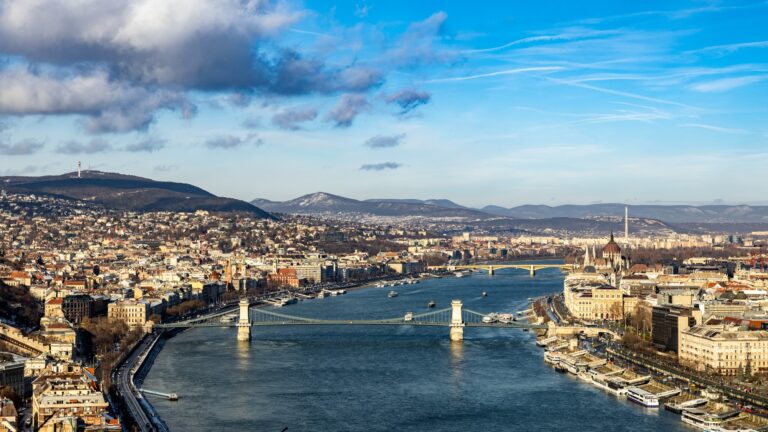Upon the election of Pope Leo XIV, Chinese Foreign Ministry spokesman Lin Jian stated: ‘We hope that under the leadership of the new pope, the Vatican will continue to have dialogue with China in a constructive spirit, have in-depth communication on international issues of mutual interest, jointly advance the continuous improvement of the China–Vatican relations, and make contributions to world peace, stability, development, and prosperity.’
The ‘constructive spirit’ was nothing else than the continuity of the provisional agreement designed by Vatican Secretary of State Cardinal Pietro Parolin in 2018 with the blessing of Pope Francis—renewable every two years—with the hope of ‘reconciling…to the full communion of all Chinese Catholics’ who aligned themselves with the Chinese Catholic Patriotic Association (CCPA). The CCPA, also known as the Patriotic Church, was erected by the Chinese Communist Party (CCP) in 1957. While the accord remains clandestine, what is known is that the CCP has the authority to appoint bishops; the Bishop of Rome confirms them.
By early 1958, the first set of bishops were illicitly appointed by Beijing without reference to the Holy See. In June of the same year, Pope Pius XII issued his encyclical Ad Apostolorum Principis, in which he condemned China’s ‘parallel’ church by refusing to recognize any episcopal consecrations performed by the CCPA without prior Vatican approval.
‘Catholics who remained faithful to Rome went underground’
From that moment onward, Catholics who remained faithful to Rome went underground. Of notable mention was the late Roman Catholic Bishop of Shanghai and the Apostolic Administrator of Suzhou and Nanking, Cardinal Ignatius Kung Pin-Mei. To this day, they continue to survive as an ‘underground’ Church, which the Vatican, as a result of the provisional agreement, no longer supports. Numerous priests, nuns, and faithful continue to be imprisoned, tortured, and, in certain cases, even put to death for their refusal to submit to the CCP’s institutional church.
Unfulfilled Hope
It was hoped, if not believed, that when the new pope, on 25 May during his Regina Cæli address, recalled the Day of Prayer for the Church in China—which coincided with the day Pope Benedict XVI, in 2007, wrote a letter to Chinese Catholics in which he acknowledged their ‘faithfulness to Christ the Lord and to the Church—a faithfulness that [they] have manifested sometimes at the price of grave sufferings’—there would be some form of resurrection for ‘underground’ Catholics who refuse to submit to the CCP-run Patriotic Church.
Yet, on 3 September, Cardinal Stephen Chow, a Hong Kong Jesuit, after his private audience with the Pope, stated that the Pontiff is ‘willing to continue Pope Francis’ approach to China at this stage, prioritizing the handling of issues through dialogue’—a somewhat déjà vu echo of what Fr. James Martin, S.J., posted on X after his audience with Pope Leo XIV: ‘the same message…from Pope Francis on LGBTQ people, which is one of openness and welcome.’
Indeed, the Vatican announced on Wednesday 10 September that Pope Leo XIV suppressed two historic dioceses of Xiwanzi and Xuanhua—both erected in 1946 by Pope Pius XII—and replaced them with a new Catholic diocese in the northern province of Hebie, with the same name, Zhangjiakou, as one established decades ago by Beijing without Vatican approval. Father Wang Zhengui, at the behest of the CCP, was named as the Bishop of Zhangjiakou, having received episcopal consecration on the same day of the announcement of the new diocese.
Unrecognized Heroes
Yet as the Vatican announced the news, there was no acknowledgement of those who have given their lives for the faith or those who continue to suffer at the hands of the CCP. Notably absent from the Vatican’s announcement was any mention of 75-old Bishop Augustine Cui Tai, the longtime underground Bishop of Xuanhua, the diocese the Pope suppressed. Cui has been subjected to repeated detention, house arrest, and forced labor over the past three decades.
Another prominent figure who was not spoken of at all was Bishop James Su Zhimin of Baoding, Hebei Province. Like Cardinal Kung and Bishop Cui Tai, he kept his loyalty to Rome and resisted the CCP’s attempts to control religious practice.
Bishop Su was first detained in 1956 and endured repeated imprisonments and forced labor over the decades. After his final arrest in 1997, he disappeared from public view. In 2003, he was briefly spotted by family members in a Baoding hospital, still under police custody. He has not been seen or heard from ever since as his fate remains unknown.
‘These men, women, and children are true witnesses for the Catholic faith. Their crime: refusing to be absorbed in the state-run Patriotic Church’
As Agnes Kung, niece of the late Cardinal Kung and President of the Cardinal Kung Foundation, recently told me, throughout the Chinese mainland Catholic bishops, priests, nuns, and laity who refuse to sever ties with Rome have met similar fates—these men, women, and children are true witnesses for the Catholic faith. Their crime: refusing to be absorbed in the state-run Patriotic Church.
Sinicization
Ultimately, being forced to be part of the CCPA means to undergo sinicization, i.e., the process by which religious practice is enculturated into the context of Chinese society so that it is assimilated within the local customs, styles, and language. However, for the CCP, it also means that religious belief and practice are modified in order to fit into the framework of its communist ideology.
This was made quite public by the CCP-appointed Archbishop of Beijing, Joseph Li Shan, who stated during his three-day visit to Hong Kong last year: ‘We pray that under the guidance of the revelation of the Holy Spirit of God, under the direction of the spirit of the Church’s communion, and under the diligent exploration of all of us, the Chinese Church will be able to promote the work of evangelization and spirituality along the direction of sinicization.’
The CCP’s sinicization have resulted in house arrests, forced re-education, rewriting of sacred texts, and an Orwellian system of surveillance that bans children from attending Mass while surveillance cameras peer from sanctuary walls. In one especially macabre twist, state-sanctioned texts now depict Christ stoning the adulteress woman, whom He forgave (John 8, 1-11), to death. Where are the protests of Rome on this?
While many—the CCPA, and for that matter even the CCP—are rejoicing at the recent establishment of the Diocese of Zhangjiakou, the precarious situation of ‘underground’ Catholics has become even more grievous. In truth, the Vatican’s recent move is heartbreaking for the ‘underground’ faithful. It is not so much that the communist state dictates Church affairs, as that they are being coerced into joining a parallel church whose ends are not the teachings of Christ—not even the National Socialists in Germany went that far.
Let us, however, not give up on our Chinese brethren who refuse to submit to the whims of the CCP. As Mrs. Kung told me, of the 200 priests invited to partake in Bishop Zhengui’s episcopal consecration, only 50 showed up—a sign that the spirit of the ‘underground’ Catholics remains steadfast.
Related articles:







